
The California Nevada Adaption Program
Building Capacity for Near- and Long-Term Resiliency in California and Nevada
California and Nevada have made significant progress in addressing climate variability and climate change impacts to their state and local communities, but both states remain vulnerable to climate change impacts. Among these are public health threats from extreme heat and wildfire smoke, impacts on water resources from extended drought, reduced snowpack, and extreme precipitation events, and in California, flooding, beach erosion and degradation of coastal infrastructure and communities. CNAP, in response to these challenges, will focus on adaptation, with an intentional transition from statewide climate research toward preparing communities for local-level action to address regional climate hazards. Six projects will support adaptation needs to address four of the most pressing climate issues in the region: extreme heat, wildfire smoke, coastal flooding, and water scarcity. As part of the project’s commitment to equity and diversity, it will include a mentorship program within community colleges to prepare the future’s workforce to address climate impacts. In addition, a small grants program, Building Capacity through Reciprocity with Tribal Communities, will work to enact community-identified solutions for tribal communities by supporting a Leaders Indigenous Climate Fellowship Program.

Logic Model
To support community level adaptation, our logic model contains three pathways. The first pathway focuses on efforts to convene and connect our researchers, partners, and collaborators across the CNAP program. The second pathway is our research, with six core projects that largely focus on frontline and historically excluded communities. The third pathway will intentionally focus on using our convening/connecting and research pathways to act as catalysts to create new adaptation solutions to respond to current and future climate risks and hazards.

Core Tenants
CNAP proposes five tenets to support these overarching goals. These core tenets underpin the key activities, outputs, and outcomes envisioned in this proposal for the next five years.
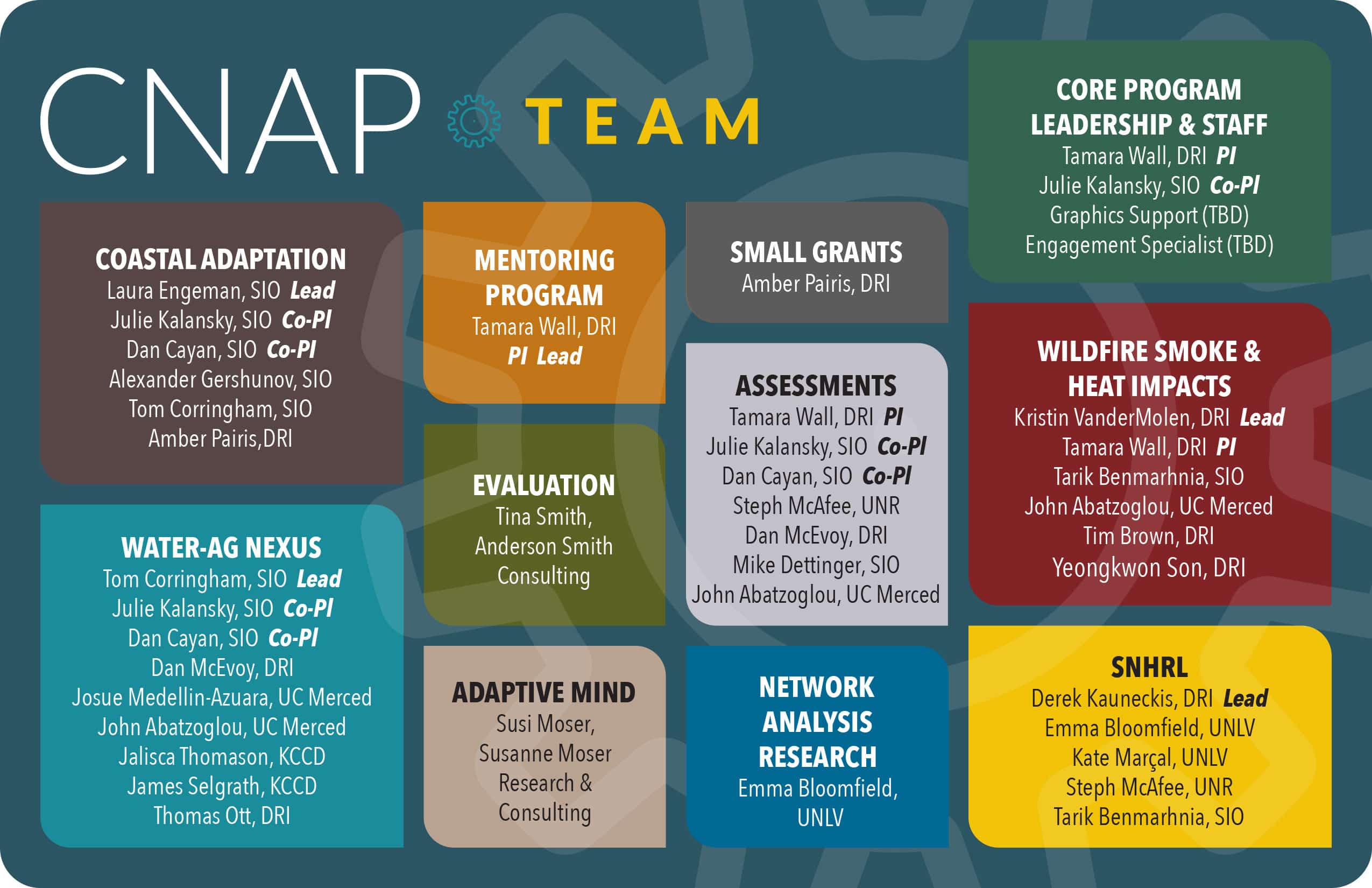
Project Team
Our proposed next iteration of the CNAP team expands the membership to better address the major climate risks and related adaptation challenges in the region. The revised team includes new research members from the University of Nevada, Las Vegas; the University of Nevada, Reno; the University of California Merced; Anderson Smith Consulting; and Kern Community College District. This expanded team provides expertise in public policy, social work, epidemiology, environmental health, curriculum development, program evaluation, and communications. Each of the six core projects will have a designated lead that will coordinate across the project activities and the core staff and lead/co-PIs will coordinate and ensure collaboration across the team and provide science translation, logistical, and engagement support.
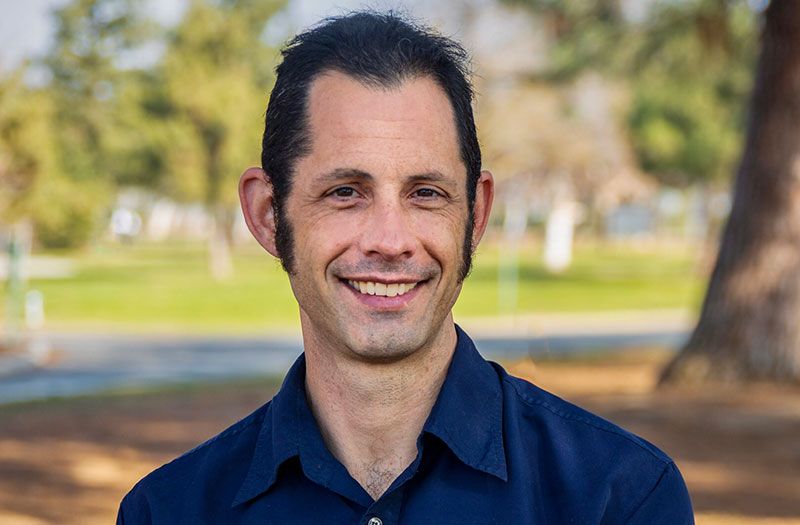
John Abatzoglou
John Abatzoglou is a climatologist and faculty at the University of California, Merced. John’s research is focused on climate science and impacts in the American West. As part of CNAP John will focus on agricultural and water climate adaptation efforts for communities in the San Joaquin Valley as well as on improving climate fluency of community college students in central California.
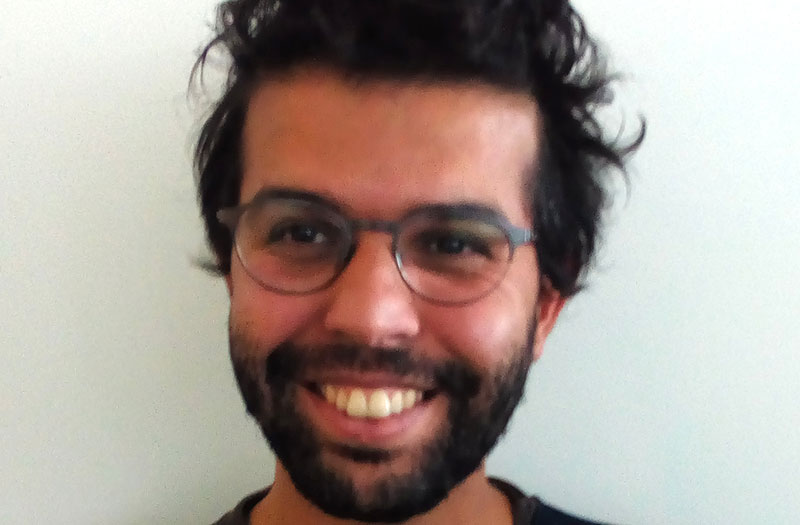
Tarik Benmarhnia
Tarik Benmarhnia is an Associate Professor of Environmental Epidemiology at UCSD, Scripps Institution of Oceanography. With his team, they use epidemiologic and causal inference methods to investigate how the environment and extreme weather events impact population health and environmental justice. As part of CNAP, Tarik Benmarhnia will focus on quantifying the health impacts associated with extreme heat and wildfire smoke and contribute to Southern Nevada Heat Resilience Lab (SNHRL).

Emma Bloomfield
Emma Frances Bloomfield is an environmental communication researcher at the University of Nevada, Las Vegas who studies technical and public discourse about climate change. Her first book, Communication Strategies for Engaging Climate Skeptics: Religion and the Environment (Routledge, 2019), examined the intersection of Christianity and climate change in the United States. As part of CNAP, Bloomfield will assist in designing the Heat Lab’s messaging and work on the Adaptive Mind project.
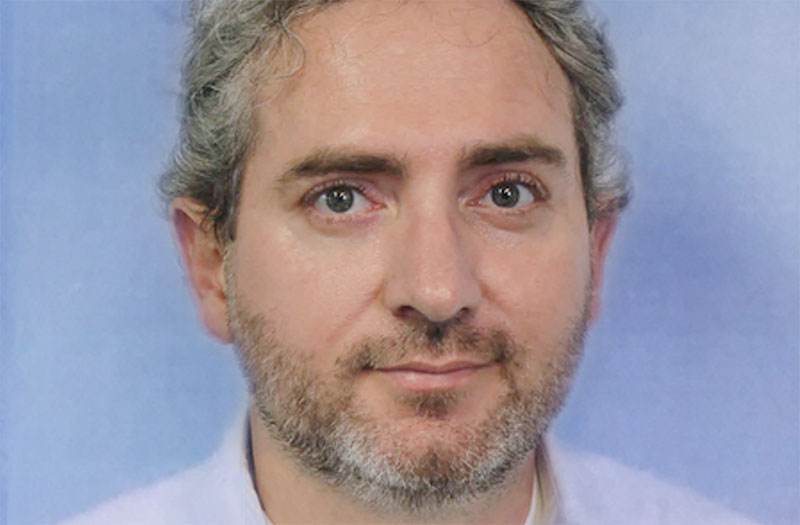
Tom Corringham
Tom Corringham is a research economist at Scripps Institution of Oceanography. His research is focused on understanding the economic impacts of climate change and extreme weather events. At CNAP he studies catastrophic floods, wildfires, water resources, agriculture, public health, and economics. A current project examines agricultural, water, and climate adaptation efforts in the San Joaquin Valley and seeks to improve the understanding and use of climate projections and information in community college courses in the Central Valley.
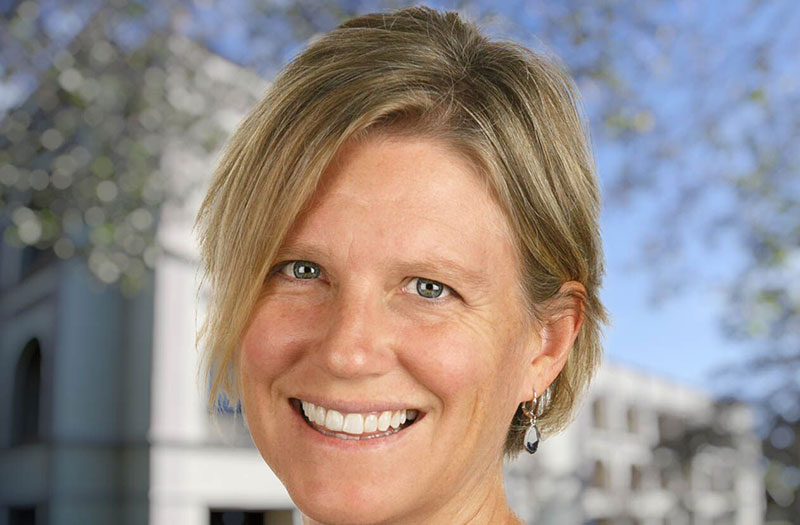
Laura Engeman
Laura Engeman is a coastal resilience researcher at Scripps Institution of Oceanography, UC San Diego. Her research focuses on applying coastal trends and projections to guide local and state sea-level rise policies, adaptation planning and coastal resilience investments. As part of CNAP, Laura will focus on identifying physical and economic information that can support adaptation pathway planning, integrating tribal stewardship into nature-based solutions, and evaluating the adaptive limitations of nature-based approaches.
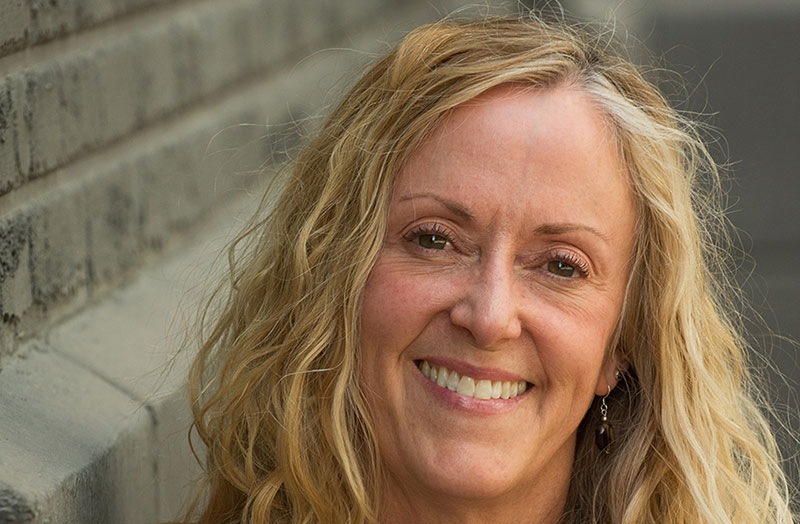
Lori Fulton
Lori Fulton is a visual science translator focused on developing visual media, such as infographics, diagrams, story boards and other messaging media, as well as reports for the California Nevada Adaptation Program (CNAP). Lori has 35+ years working in the graphic design industry and 13+ years designing scientific materials. As part of CNAP, she will focus on developing visual media materials, communicating science and research results to non-scientific communities.

Alexander Gershunov
Alexander (Sasha) Gershunov is a meteorologist and climatologist at Scripps. Sasha’s research focuses on interrelated aspects of weather, climate and society. His professional interests include understanding the links between regional weather extremes and large-scale climate variability and change. Sasha will contribute work on coastal flooding events, as well as expertise across other projects as needed.
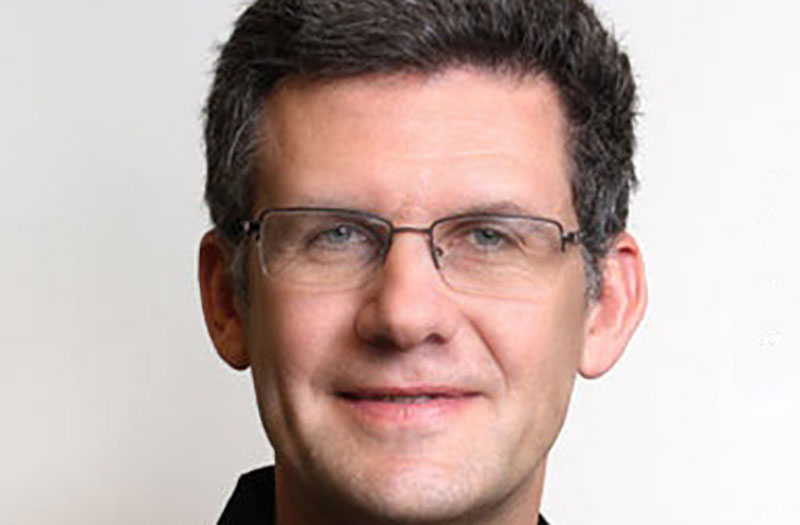
Derek Kauneckis
Derek Kauneckis is a policy analyst at the Desert Research Institute with research focused on resilience, adaptation planning, and innovation ecosystems. His work examines how information is used in local policy processes, the interface with emerging technologies, and incorporating decision sciences into policy design. As a member of the CNAP team, Derek will work on connecting research to implementation activities, building collaborative partnerships, and developing the Southern Nevada Urban Heat Lab.
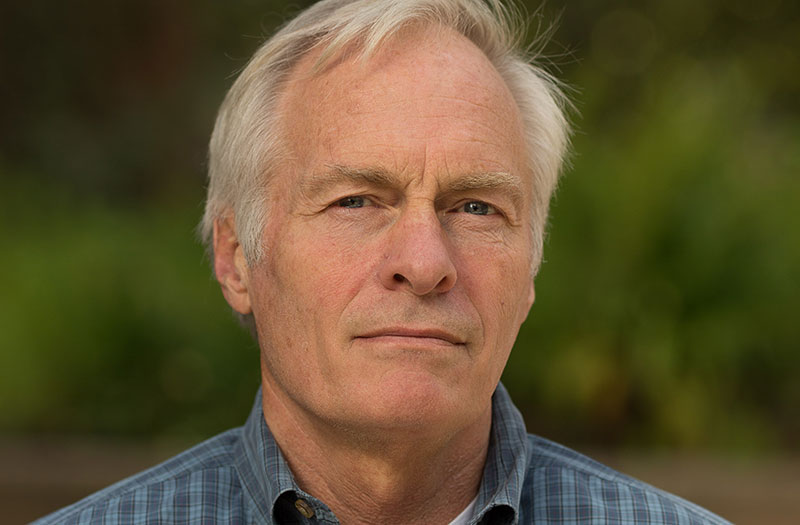
Dennis Lettenmaier
Dennis Lettenmaier is a hydrologist at UCLA with interests in hydrologic modeling and prediction and the assessment of hydrologic implications of climate change. As part of CNAP project, he will continue an ongoing investigation of the role of climate change on crop water consumption in the Central Valley, along with coincident effects of changing crop types.
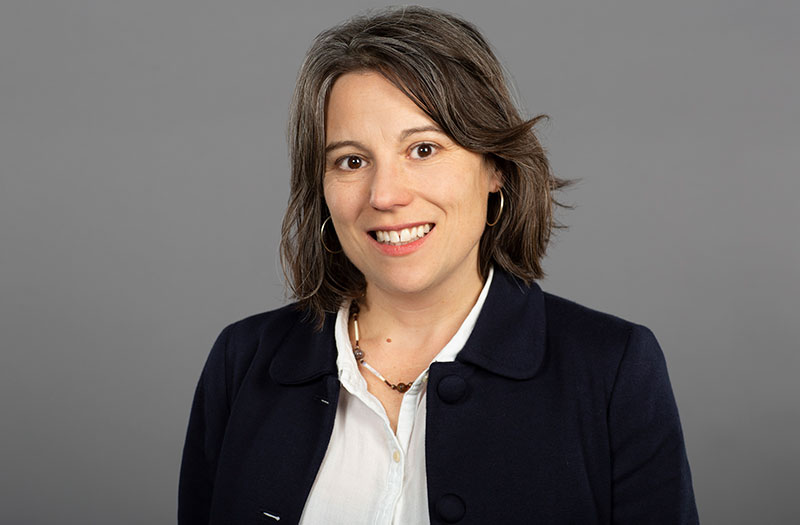
Steph McAfee
Steph McAfee is an Associate Professor in the Geography Department at the University of Nevada, Reno and serves as the Nevada state climatologist. She has expertise in climate change and variability with a particular focus on water resource management. As part of CNAP, she will work on extreme heat monitoring and response in southern Nevada.

Josué Medellín-Azuara
Josué Medellín-Azuara is an Associate Professor of Environmental Engineering at the University of California, Merced. He is also an Associate Director of the UC Agricultural Issues Center, and an Adjunct Research Fellow at the Public Policy Institute of California. His areas of expertise include the development of large-scale hydro-economic models for water supply, the economics of agricultural, environmental and urban water uses, adaptation to climate change, integrated water management, and consumptive water use. As part of CNAP Josué will focus on agricultural, climate, and groundwater relations in the San Joaquin Valley.
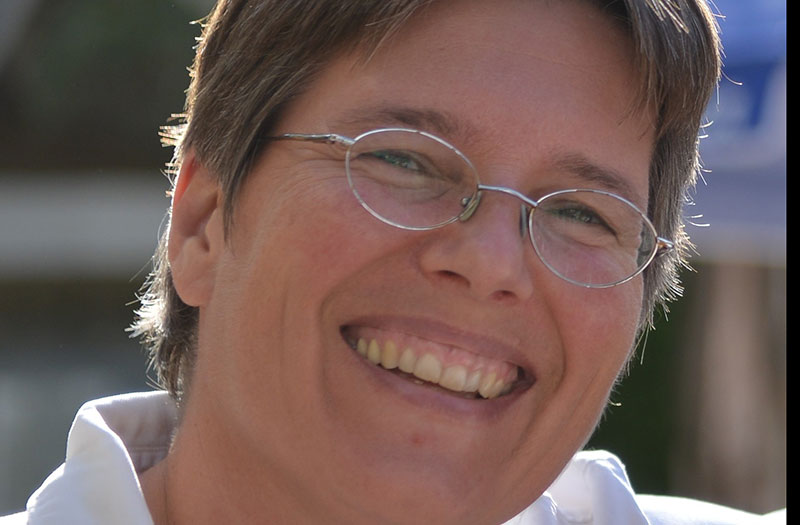
Susi Moser
Susi Moser is an independent scholar and consultant whose work focuses on adaptation to climate change, science-policy interactions, climate change communication, and psycho-social resilience in the face of the traumatic and transformative challenges associated with climate change. As part of the CNAP project she is leading the work on the Adaptive Mind, which will deliver trainings for California and Nevada-based climate professionals – broadly writ – to build their skills and capacities to navigate the constant, often traumatic, and increasingly transformative changes that come with the climate crisis.
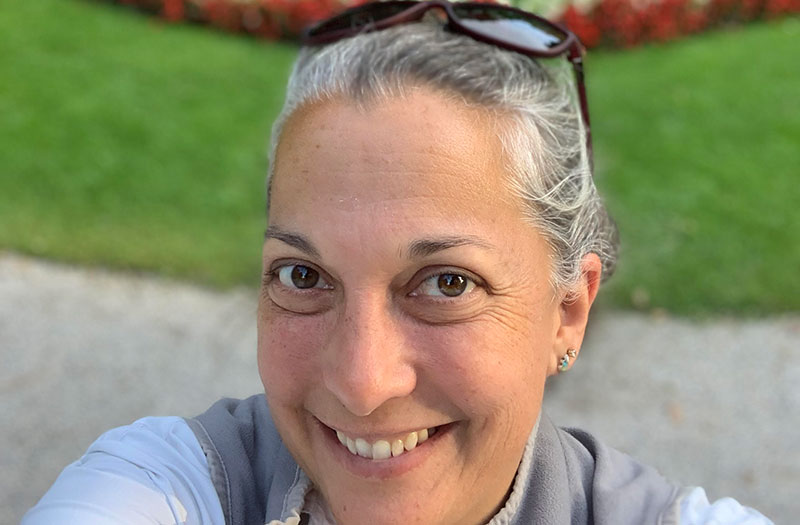
Amber Pairis
Dr. Pairis, based at the Desert Research Institute, will lead the creation of the CNAP small grants program. She will work directly with the Climate Science Alliance to develop and deliver the program to partners through the CA-NV region. Specifically, Dr. Pairis will work with the Climate Science Alliance team to design and deliver training and mentoring for both western researchers and Indigenous partners to help facilitate a space to advance co-production built on mutual trust, respect, and reciprocity.

Jim Selgrath
Jim Selgrath is a scientist previously involved in large animal reproductive manipulation and genetic engineering. He has since become the owner/manager of his family’s cattle ranch and teaches agriculture business and animal science at Bakersfield College. His role in the CNAP community will be to develop course materials for entering college students that interprets and explains data collected for dissemination.
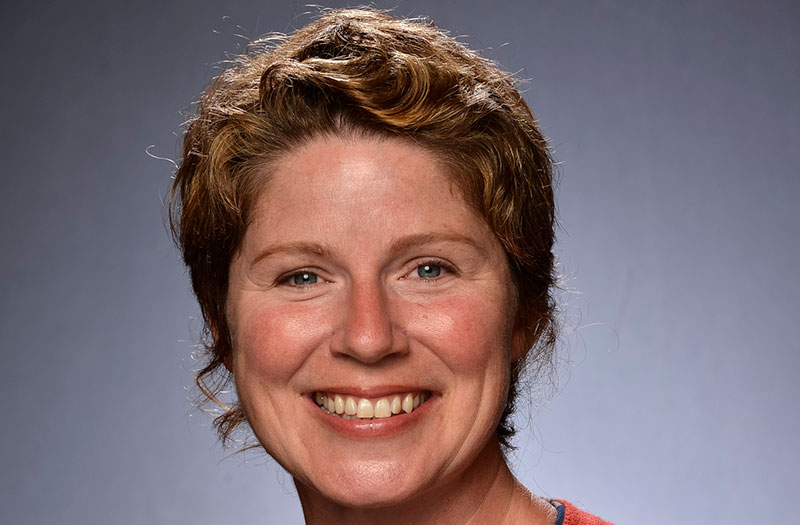
Tina Smith
Tina Anderson Smith evaluates, designs, and facilitates efforts to change complex systems at community, organizational, state and national levels. She is an independent consultant who specializes in “realist” and developmental evaluation approaches, as well as systems thinking and adaptive learning. As part of CNAP, Tina will focus on continuous learning through evaluation and will support others in using emerging insights to make strategic decisions and maximize impact.

Yeongkwon Son
Yeongkwon Son is an environmental health scientist at the Desert Research Institute. His research here focuses on assessment of personal exposure to environmental pollutants and their potential adverse health impact. As part of CNAP, Son will assess compound heat and wildfire smoke risks under different ventilation methods in Northern Nevada and California to provide multidisciplinary mitigation approaches.

Jalisca Thompson
Jalisca is a qualitative researcher interested in the post-secondary educational experience at Bakersfield College. Jalisca is well known for her work in teacher resilience and the efficacy of adult educational programming. In regards to natural resources and agriculture, Jalisca founded and manages the Regenerative Agriculture Learning Farm, which bridges the gap between traditional industry and economically sustainable regenerative practices in agricultural production. As part of CNAP, Jalisca will focus on dissemination of data and results to institutions and industry partners in a relevant and applicable format.
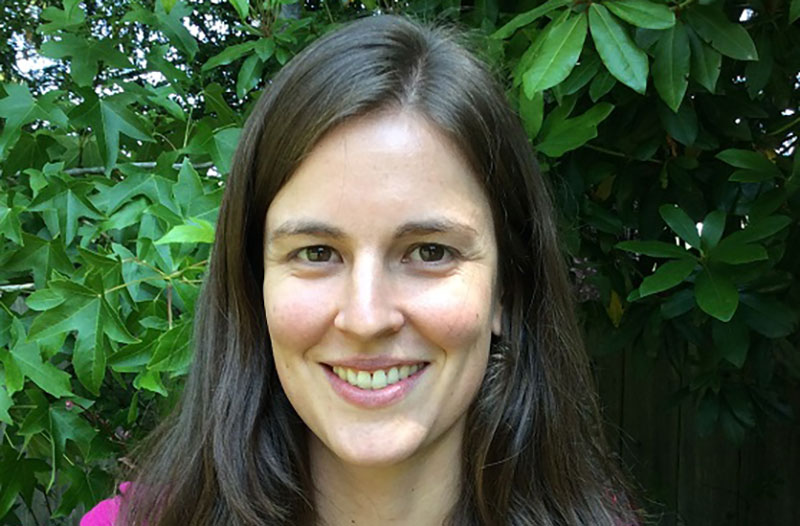
Kristin VanderMolen
Kristin VanderMolen is an environmental anthropologist at the Desert Research Institute. Her research is focused on climate impacts and adaptation, hazard risk communication, and information and health equity. As part of CNAP, Kristin will collaborate on an interdisciplinary project that aims to help mitigate negative health outcomes in Northern Nevada and California households exposed to the compound events of heat and wildfire smoke.
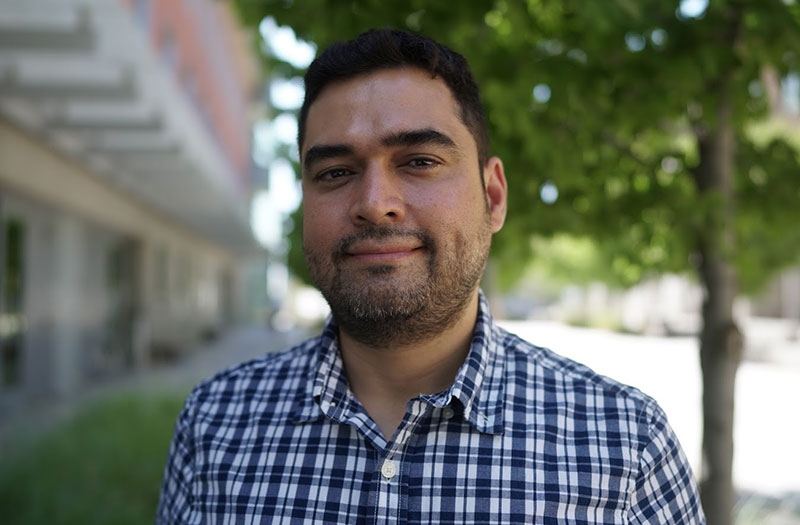
Jorge Valero-Fandino
Jorge Valero-Fandino is a PhD student at the University of California, Merced. His areas of expertise include hydraulics, surface and groundwater hydrology, simulation of aqueducts and sewer systems, watershed management, GIS, and geostatistics. As part of CNAP Jorge will focus on agricultural, climate, and groundwater relations in the Kern region.
CNAP History
CNAP, the California Nevada Applications Program RISA team, is providing cutting-edge climate science in its third decade of building regional climate adaptive capacity. CNAP began in 1999 with an emphasis on seasonal climate variation and forecast interpretation, owing to multifaceted impacts of ENSO in the region. As climate impacts have escalated over the region, societal needs have rapidly grown. In response, CNAP’s emphasis has broadened to climate change and short and longer period climate extremes. Major topical thrusts include water resources and hazards, coastal issues, wildfire, human health. Importantly, to better address and understand regional decision maker issues, the team has expanded to integrate social science, including economic evaluation, into its portfolio of expertise. Among the many projects CNAP has led or contributed to include developing and sustaining the California Climate Vulnerability and Adaptation Assessments, developing the first Nevada Assessment, and providing scientific foundation for quantifying and building awareness of drought, fire risk, extreme heat and sea level rise. CNAP is continuing to evolve with new focus on communities and climate adaptation science.